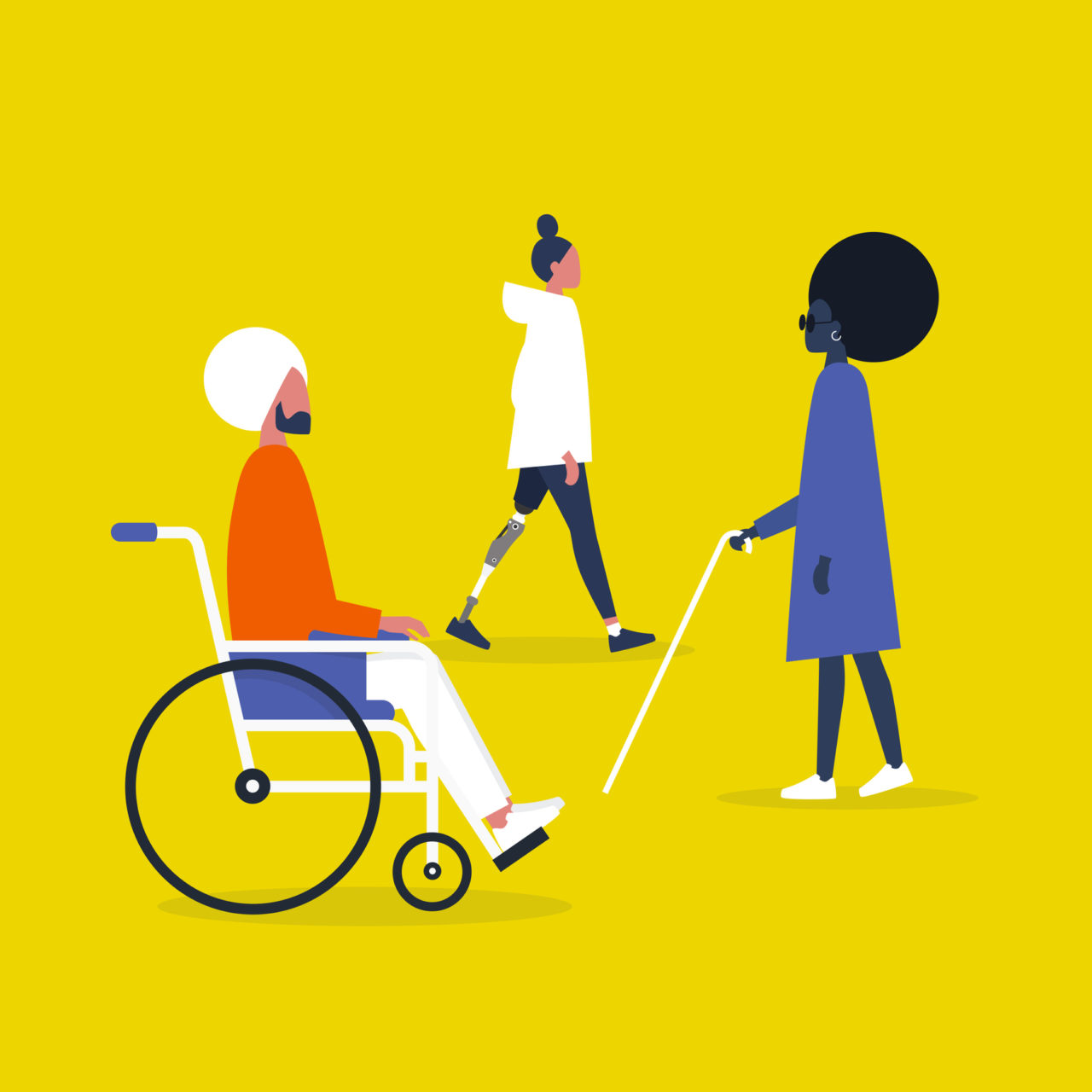
How can people with learning disabilities, and their organisations, best influence the policy and practice of adult safeguarding?
Over the past twelve months we have been working with Disability Research on Independent Living and Learning (DRILL) alongside partners from Queen’s University Belfast, Action for Real Change UK, Compass Advisory Network (NI), Praxis Care (NI), Mencap Cyrmu (Wales) and Richmond Fellowship (Scotland) on a research project exploring how people with learning disabilities and their organisations, can best influence the policy and practice of adult safeguarding. In developing policies to keep people safe it is imperative that disabled people themselves have direct influence.
Dr Deborah Kitson, CEO at the Ann Craft Trust said ‘we were really excited to be a part of this vital work looking at the real engagement of the people about whom the policies are about. Inclusion should be key to all our work and practice and policies should reflect the views of people with learning disabilities themselves.’
The research seeks to find the best way to get the voices of people with a learning disability heard by those writing policies in the United Kingdom.
The research included surveying and interviewing a range of people including; people with learning disabilities, people that work in creating social policy and politicians.
The research main aims were to:
- Identify the different approaches to exerting influence on adult safeguarding policy which have been taken by people who have a learning disability and the relevant DPOs
- Explore what works in different contexts by looking closely at successful examples where people with learning disabilities and the relevant DPOs have influenced adult safeguarding policy and practice
- Make recommendations on approaches to take and identify barriers and enablers to exerting influence on adult safeguarding policy.
The research project identified that:
- There was a lack of engagement when people writing policies ask them for their views and ideas.
- Policy makers want to hear from people with a learning disability, and face-face meetings were usually the best way of communicating.
- Understanding people’s lived experience is crucial. Personal stories from people with a learning disability are the best way for people writing policies to understand what they need to change or add to their policies.
- People with a learning disability, their families and supporting organisations are powerful. They can make change happen.
The research also made a number of recommendations for policy makers, people with learning disabilities and organisations supporting people with learning disabilities.
Learn more about the research findings and recommendations
Download the executive summary
Download the full research report
Learn more about the project lead, Disability Research on Independent Living and Learning
